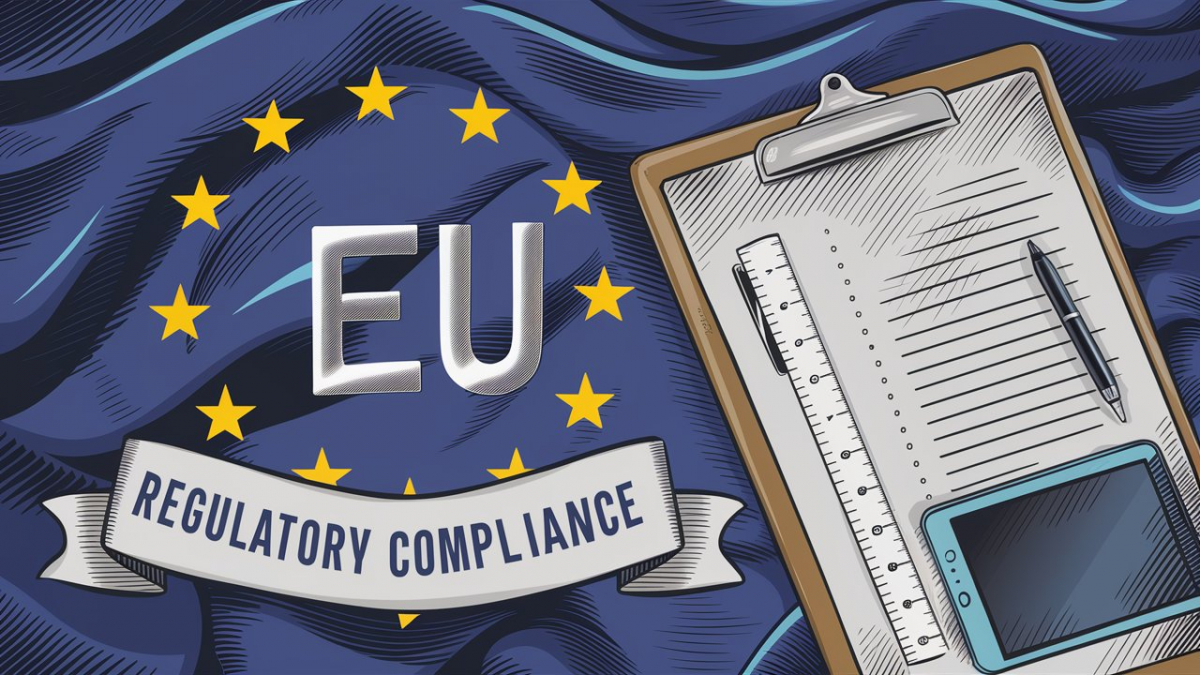Table of Contents
Ensuring compliance with the EU AI Act can be challenging for real estate professionals. This legislation is designed to regulate the use of AI, with a focus on ethical standards and transparency. Understanding the key provisions and developing effective compliance strategies pre-emptively is crucial.
Understanding the EU AI Act
The EU AI Act outlines several key provisions that are particularly relevant to the real estate sector:
- Risk Management Framework: AI systems are categorised into risk levels—minimal, limited, high, and unacceptable risk. Real estate businesses deploying AI must understand which category their systems fall into.
- Transparency and Disclosure: AI systems must be transparent, meaning you need to inform users when they are interacting with an AI. For example, if you're using chatbots for customer inquiries, it’s essential to disclose that the responses are AI-generated.
- Data Governance: This aspect focuses on how data used by AI systems is collected, stored, and processed. Ensuring data accuracy, integrity, and security is crucial.
- Human Oversight: Real estate professionals must ensure that AI systems are subject to human oversight to prevent misuse and ensure ethical behaviour.
- Accountability Measures: Businesses need to have measures in place to hold individuals accountable for AI compliance. This could include designating compliance officers or forming AI ethics committees.
Understanding these provisions helps you align your AI strategies with regulatory requirements, ensuring that your business stays compliant and avoids potential legal issues.
Compliance Strategies
To ensure compliance with the EU AI Act, real estate professionals can implement several strategies. These approaches will help you navigate the regulatory landscape and maintain ethical AI practices.
1. Conduct a Compliance Audit
Start by conducting a comprehensive audit to assess your current AI systems and practices.
- Identify High-Risk Areas: Focus on systems that might fall into the high-risk category as defined by the EU AI Act.
- Assess Data Practices: Review how data is collected, stored, and processed to ensure it meets the Act’s standards.
- Evaluate Transparency: Make sure your AI systems are transparent to users, with clear disclosures about AI interactions.
2. Develop a Compliance Framework
Create a structured plan to address any compliance gaps identified in your audit.
- Set Milestones: Establish clear milestones to achieve full compliance. This might involve updating policies, enhancing transparency measures, or implementing new data governance protocols.
- Allocate Resources: Ensure you have the necessary resources, including personnel and budget, to support compliance initiatives.
3. Train and Educate Your Team
Educate your employees about the EU AI Act and its implications for your business.
- Training Programs: Develop training programs that cover the key provisions of the Act and your internal compliance policies.
- Regular Updates: Keep your team informed about any changes to the legislation or your compliance strategies.
4. Implement Monitoring and Reporting Systems
Set up systems to continuously monitor AI operations and report on compliance.
- Automated Tools: Use automated monitoring tools to keep track of AI system performance and compliance in real-time.
- Regular Reports: Generate periodic compliance reports to review with senior management and stakeholders.
5. Engage with Stakeholders
Involve both internal and external stakeholders in your compliance efforts.
- Transparency Initiatives: Launch initiatives to keep stakeholders informed about your AI practices and compliance status.
- Feedback Mechanisms: Create channels for stakeholders to provide feedback and raise concerns about AI usage.
Compliance AI Tools
AI Rule Book

The AI Rule Book is a dedicated AI assistant that simplifies EU AI Act compliance. With its chat interface, you can easily create compliance audits, receive tailored advice, identify the risks level of your existing AI systems and learn about the Act.
It is designed to help businesses navigate the complexities of the EU AI Act without having to read mounds of reulatory documentation. This powerful tool generates detailed compliance audit reports to help you achieve compliance and ensure your AI systems meet regulatory standards.
By following the compliance strategies outlined above, you can effectively navigate the EU AI Act and ensure that your real estate business uses AI in a responsible and legally compliant manner.


